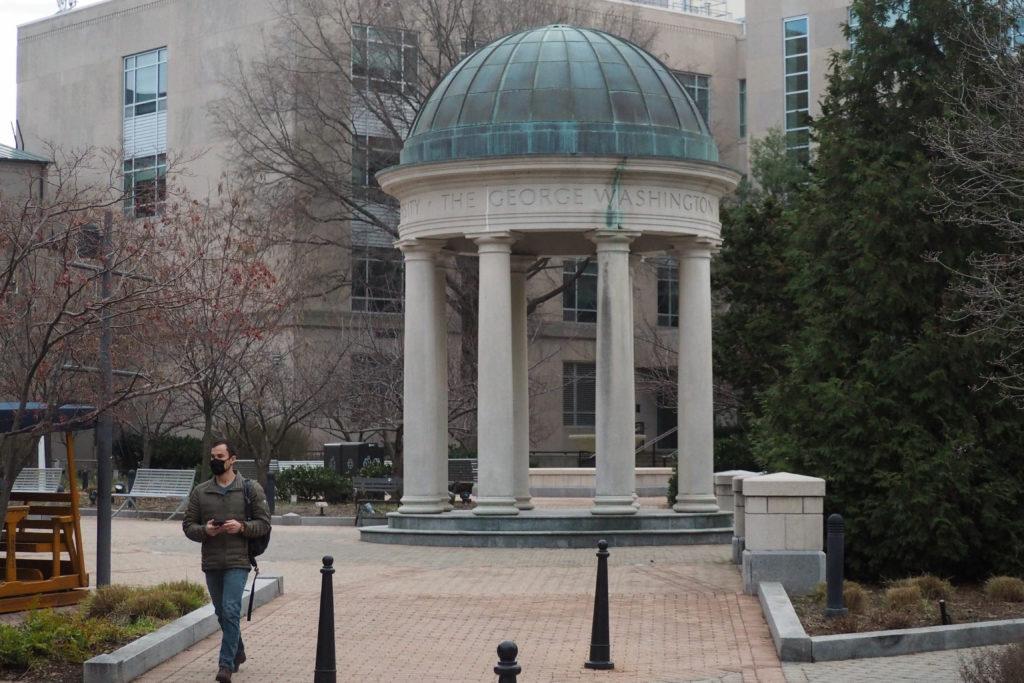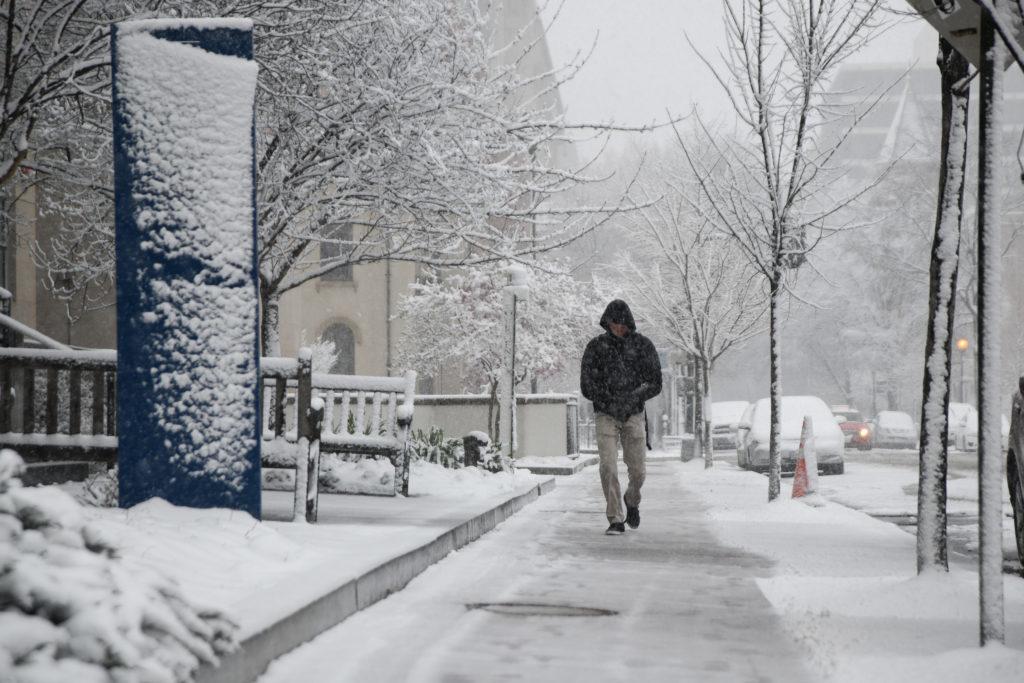A campus organization that officially formed Friday is asking the University to examine its contracts and purchases from companies that students say have ties to forced labor and trafficked children.
Free Project at GW, which includes six students, wants the University to become a “global leader” against what they call slavery, pointing out that everything from food sold on campus to clothing sold in the bookstore could be produced in unsafe or unjust labor conditions.
The group has created an online petition, which gathered more than 400 signatures as of Sunday, demanding that the University becomes more conscious of potential instances of workers’ rights violations. Melissa Arndorfer, who leads the group, said she hopes the petition, which went live in August, will hit 5,000 signatures by the end of December.
Lorena Martinez, a senior and a founding member of the group, said she thinks the University can realistically fulfill the group’s demands by taking “baby steps.”
“It’s not going to happen overnight. We need to engage the entire University,” Martinez said, adding that she’s optimistic that GW will respond positively. Group members said they will officially present the petition to University President Steven Knapp after the petition gains more ground.
Arndorfer said the University should promote ethical purchases by learning more about its suppliers, looking at worker’s pay and fair trade certification to determine whether to take their business elsewhere.
“It’s the food I eat, the coffee I drink every day so I can wake up and go to class. My jeans, leather. It’s all these things,” Arndorfer said, citing her daily encounters with what she calls slavery.
The international affairs major said her group is not trying to “antagonize” the University, but rather that it wants to set a new standard for the products and services offered at GW.
University spokeswoman Candace Smith said GW “is committed to conducting its business affairs in a socially responsible manner.” She pointed out that GW is one of about 180 universities affiliated with the Worker Rights Consortium, which requires the University to verify that any official products that bear the school’s logo are checked to ensure ethical production.
Arndorfer said the group plans to raise awareness by handing out promotional material and using social media.
The catalyst for their campaign came from professor Michele Clark’s “Human Trafficking” class in the Elliott School of International Affairs.
Clark, an expert in the issue, also helped Arndorfer create the petition.
“The cumulative value of this makes people really think about ethical purchasing, and it begins to trickle up [to the companies],” Clark said.
She said another examples of exploitation on campus are the adults she has seen supervising children a they sell candy around the Foggy Bottom metro stop. She said she believes it is an instance of child begging rings.
Clark said the University should call a human trafficking hotline and force the groups off campus to send a message that GW is not tolerant of human rights abuses.
“This should not be a welcome place for them,” Clark said.





